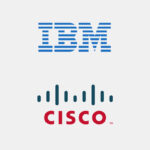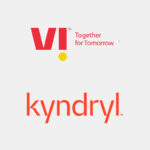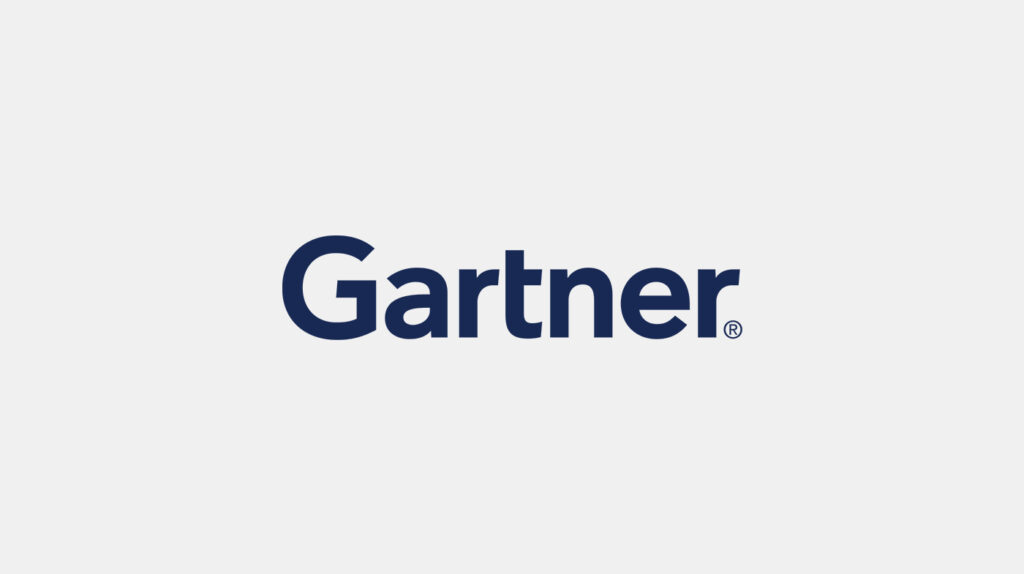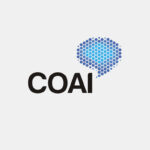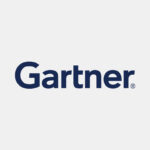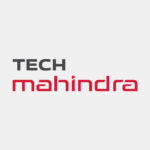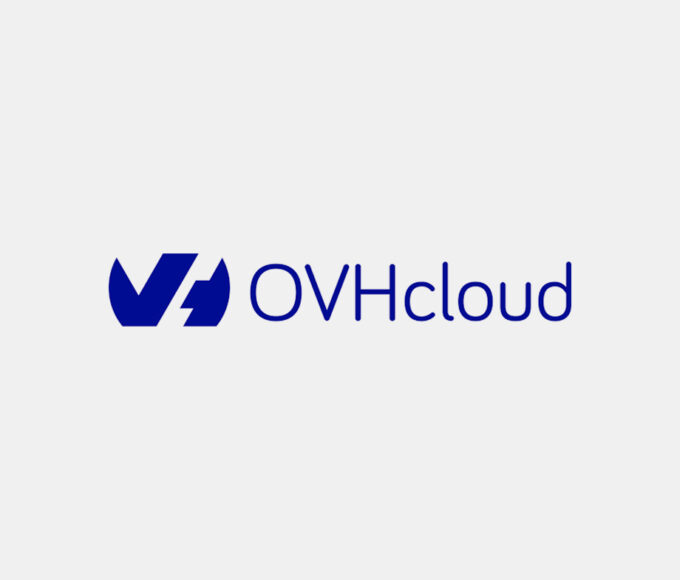Monday , 1 December 2025
- Sections
- Technologies
- Infra EPC
- People/ Newsmakers
- Newsletter
- Resources
- Sections
- Technologies
- Infra EPC
- People/ Newsmakers
- Newsletter
- Resources
- Sections
- Technologies
- Infra EPC
- People/ Newsmakers
- Newsletter
- Resources
Recent Posts
Home
Technologies
Artificial Intelligence (AI)
80% of GenAI Apps Will Be Developed on Existing Data Management Platforms by 2028: Gartner
Artificial Intelligence (AI)Software 80% of GenAI Apps Will Be Developed on Existing Data Management Platforms by 2028: Gartner

Recent Posts
Categories
- Artificial Intelligence (AI222
- Cloud computing / Data centre77
- Cyber Security140
- Education Tech37
- Enterprise303
- FinTech30
- Gaming2
- Government/PSU10
- Hardware107
- Health Tech5
- Infra EPC7
- Infrastructure86
- People/ Newsmakers23
- Power30
- Products / Applications585
- Software375
- Tech Experts1
- Technologies2
- Telecom99
Related Articles
Products / ApplicationsSoftware
MapmyIndia Mappls Partners with Zoho for location intelligence
MapmyIndia Mappls, India’s leading digital mapping and geospatial technology company and Zoho,...
BydtcNovember 25, 2025
Products / ApplicationsSoftware
Tech Mahindra Debuts i.GreenFinance AI-driven Sustainable Lending Platform
Tech Mahindra, a global provider of technology consulting and digital solutions to...
BydtcNovember 25, 2025
Cyber SecuritySoftware
Trend Micro Goes Strong on Enterprise AI Risk Management
Trend Micro Incorporated, a global cybersecurity leader, is set to launch Trend...
BydtcNovember 25, 2025
Products / ApplicationsSoftware
OVHcloud unveils innovative solutions to harness the power of AI and quantum tech
At the OVHcloud Summit, the event dedicated to the future of cloud...
BydtcNovember 21, 2025

